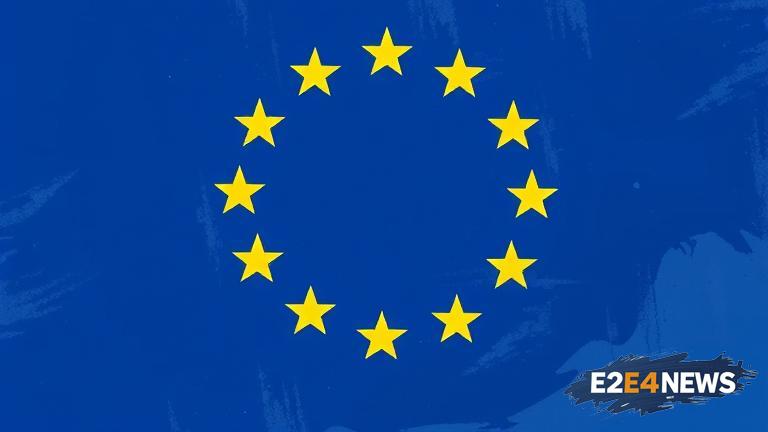The European Union’s border agency, Frontex, has been at the center of a data transfer scandal, with revelations that it has been illegally transferring data on migrants and activists to Europol, the EU’s law enforcement agency. This has raised serious concerns over privacy and surveillance, with many questioning the legality and ethics of such actions. The data transfer, which has been ongoing for years, has been found to be in violation of EU data protection laws. The scandal has sparked outrage among human rights groups and activists, who argue that the data transfer is a clear breach of trust and an infringement on the rights of migrants and activists. The data transferred includes personal information, such as names, dates of birth, and nationality, as well as sensitive information, such as migration routes and destinations. The transfer of this data has been found to be without the consent of the individuals concerned, and in many cases, without their knowledge. The scandal has also raised questions over the role of Frontex and its relationship with Europol, with many calling for greater transparency and accountability. The EU has launched an investigation into the scandal, with the European Data Protection Supervisor (EDPS) leading the inquiry. The EDPS has stated that the data transfer is a clear breach of EU data protection laws and has called for immediate action to be taken to rectify the situation. The scandal has also sparked a wider debate over the use of surveillance and data collection in the context of migration and border control. Many argue that the use of such tactics is a clear infringement on human rights and is in violation of international law. The EU has faced criticism for its handling of the scandal, with many arguing that it has been too slow to respond and has failed to take adequate action to address the concerns of migrants and activists. The scandal has also raised questions over the effectiveness of EU data protection laws and the ability of the EU to enforce them. In response to the scandal, the EU has announced plans to strengthen its data protection laws and to increase transparency and accountability within its agencies. However, many argue that more needs to be done to address the concerns of migrants and activists and to ensure that their rights are protected. The scandal is a clear example of the need for greater transparency and accountability within the EU and its agencies, and highlights the importance of protecting the rights of migrants and activists. The EU must take immediate action to address the concerns of migrants and activists and to ensure that its agencies are operating within the law. The scandal is a wake-up call for the EU and its agencies, and highlights the need for a more nuanced and balanced approach to migration and border control. The EU must prioritize the protection of human rights and the rule of law, and ensure that its actions are guided by a commitment to transparency, accountability, and justice.
